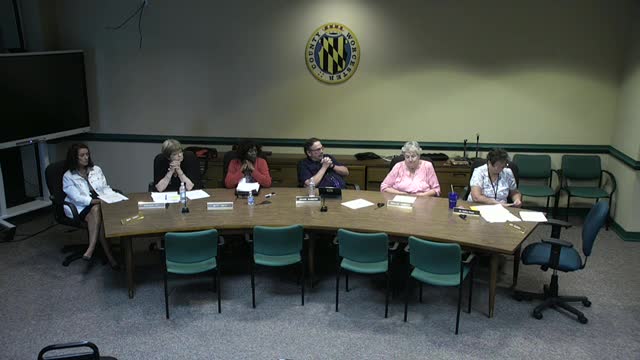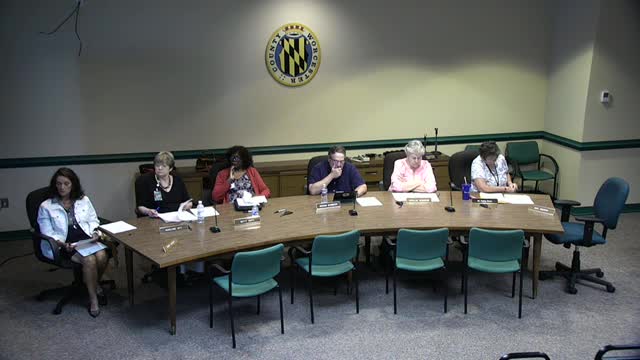Article not found
This article is no longer available. But don't worry—we've gathered other articles that discuss the same topic.

Worcester County staff recommend elevating Priority Preservation Area to chapter status and adding fisheries; staff note solar siting law could affect PPA lands

